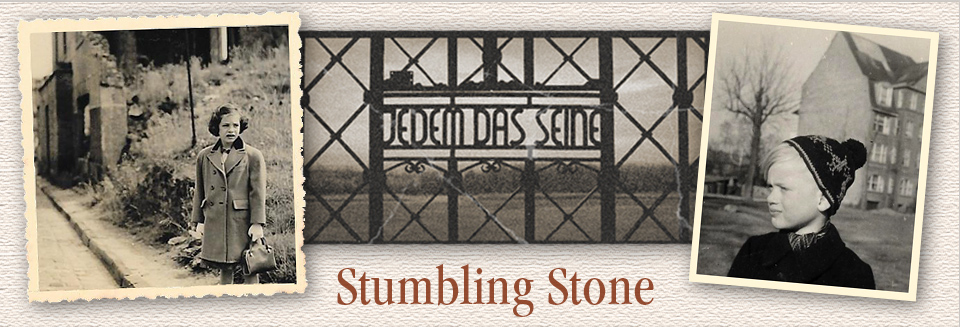Unanticipated Consequences
By Julie Freestone and Rudi Raab
Julie has always savored unanticipated consequences, although she freely admits she’s not good at predicting them. We’ve been noticing quite a few since the country began sheltering-in-place.
What are they?
First a word about the term. Sociologist Robert Merton wrote a book in 1936 about them and classified three kinds of unintended consequences: Unexpected benefit: A positive unexpected benefit (also referred to as luck, serendipity or a windfall). Unexpected drawback: An unexpected detriment occurring in addition to the desired effect of the policy (e.g., while irrigation schemes provide people with water for agriculture, they can increase waterborne diseases that have devastating health effects, such as schistosomiasis). And the last Perverse result: A perverse effect contrary to what was originally intended (when an intended solution makes a problem worse).
There’s certainly ample room in the current pandemic situation to find an example of each of these. Leaving aside the obvious political issues that arise when the leader of a country like ours spreads misinformation, let’s look at some other more entertaining examples.
Animals go wild

wild animals are invading cities
What first caught our eye was this report: Two giant pandas in Canada will be heading back to China because their main meal, fresh bamboo, was getting too difficult to find during the pandemic. Officials at Calgary Zoo in Canada said. … bamboo composes 99 percent of the bears’ diet, and each one eats about 88 pounds of it in a day, according to the zoo. May 14, 2020.
Another unanticipated result is the number of wild animals that seem to be roaming free in cities across the world. We saw a video a few weeks ago showing all kinds of animals ambling down main streets. Watch the video. Words can’t do justice to the images.
Here’s the last example related to animals as reported in News of the Weird. “ A classic Looney Tunes cartoon plot played out in real life last weekend when a university professor shared video of a coyote chasing a roadrunner. Michael Thomas Bogan, an assistant professor at the University of Arizona’s School of Natural Resources and the Environment, captured the drama on camera on the Santa Cruz River in downtown Tucson on May 9.

The Roadrunner gets chased
“There is literally a coyote chasing a roadrunner. I can’t believe it. That is a straight up cartoon,” Bogan is heard saying in the video, referring to the classic cartoon feud between Wile E. Coyote and the Road Runner. The video didn’t end with an explosion, someone falling off a cliff or getting hit by an anvil, but it still went viral, earning over 244,000 views, 2,700 retweets and 11,000 likes by Wednesday afternoon.
Traffic impacts
A week or so later, we came upon a story in the East Bay Times, reporting that the lockdown has brought a reduction in organ donations. It seems that the biggest source of organs is from victims of fatal vehicle accidents. And since people were trapped in their homes and driving less, there were relatively few organs to be had.
And here’s another consequence related to traffic: With fewer cars on the road going faster, there’s actually more noise. According to the Roadshow, “at speeds less than 40 mph, the noise level is about 50 decibels; or comparable to a humming refrigerator. When the freeway’s not congested, the noise is more on the level of a garbage disposal.
And finally, related to cars and freeways, as a result of the shelter-in-place, though there are fewer cars on the road and probably because of that, the number of arrests for speeding over 100 miles an hour have nearly doubled according to the California Highway Patrol.
And now something serious
Writing in the Journal of Clinical Nursing, Caroline Bradbury‐Jones RN, PhD, and Louise Isham PhD, said “there are unintended, negative consequences (to the lockdown). As the virus continues to spread across the world, it brings with it multiple new stresses, including physical and psychological health risks, isolation and loneliness, the closure of many schools and businesses, economic vulnerability and job losses. Through all of that, children and their mothers are particularly vulnerable (End Violence against Children, 2020) to the risk of domestic violence.”
Please let us know if you know of other unanticipated consequences of the pandemic. There must be more. Fractured relationships? Newly forged friendships? Found objects discovered while rearranging your home?
Rudi Raab and Julie Freestone have taken many vacations and outings together. One unanticipated consequence was their discovery that they like to work on writing projects together. This blog is one example.

